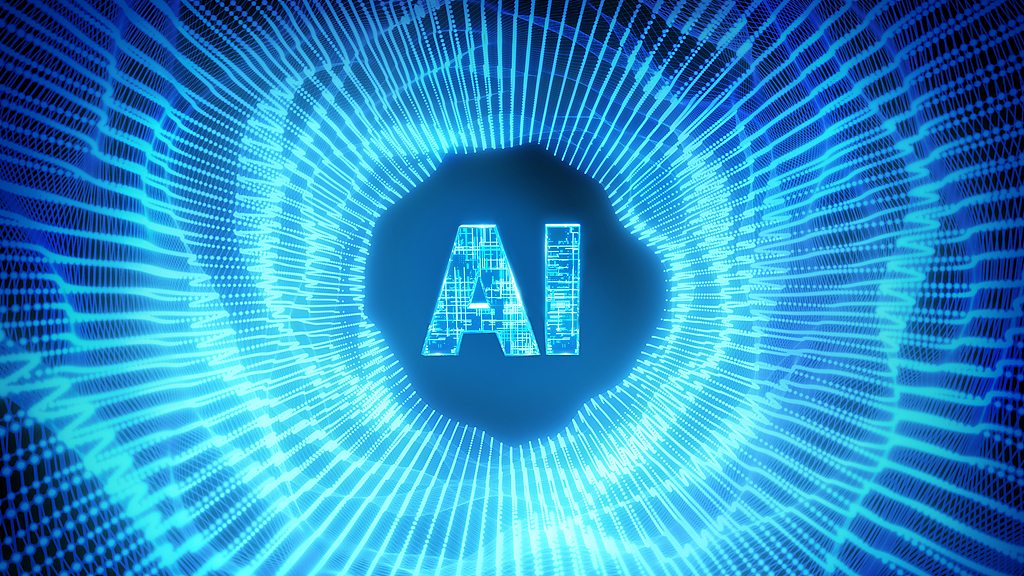AI speeding up shift of construction industry


Artificial intelligence is transforming the construction sector, saving costs and enhancing efficiency and management, with its usage expected to further expand in the future, experts said.
AI has been integrated throughout the lifecycle of construction, including cost estimation, construction management, and bidding and settlement.
China Construction Third Bureau Digital Engineering Co Ltd said more than 70 percent of its new projects have applied AI.
For example, when reviewing the design drawings of a large commercial building's structure, AI was used to automatically identify conflicts between water, electricity, heating and ventilation.
It can save designers time checking details with each other, and help avoid waste and delays during the construction phase from the very beginning, said Gao Zezhou, director of the AI research center of the company, at a recent building industry expo in Wuhan, Hubei province.
At construction sites, AI video analysis systems automatically identify risks such as workers not wearing safety helmets, unauthorized entry, smoke and fire, and can send real-time alerts.
Drones are used to collect data, completing real-scene 3D reconstruction of 240,000 square meters of a construction site within 25 minutes when building a community in Yichang, Hubei.
Besides, the "quality hazard identification large model" helps identify typical quality defects by analyzing on-site images and assists in generating rectification notices. AI is also used in the review of bidding documents, Gao added.
"AI excels most at solving several problems that traditional human labor cannot address such as real-time processing of massive data like spotting hidden dangers through thousands of videos, optimized decision-making for complex systems like giving the most ideal solution for multiple goals in cost, construction period and resources. It transforms the experiences of masters into knowledge that can be replicated and promoted," he said.
Gao said leading enterprises in the industry have generally entered the exploration and pilot phase of AI application. In the next three to five years, the adoption rate of AI in large-scale engineering projects will exceed 90 percent.
During the construction of an exhibition and conference complex in Zhengzhou, Henan province, China First Metallurgical Group Co Ltd used AI to optimize the allocation of mechanical equipment to increase effective working hours. Steel components were coded and traceable to avoid losses, cutting costs by about 5.225 million yuan ($734,635), said Shi Jiaolan, deputy chief engineer of the company, at the expo.
Li Yaqin, deputy general manager of digital building technology center of Central South Architectural Design Institute Co Ltd, said AI can generate high-quality renderings, aerial views and even interior visualizations in real time, with one-click adjustments to styles, materials and lighting ambiance.
AI can also be integrated with the environmental analysis of architectural design. By analyzing wind environment, carbon emissions, noise and other factors, it provides decision-making recommendations to guide designers in optimizing design.
Zhang Yue, general manager of the construction strategy business department of software and cloud service provider Yonyou Network Technology Co Ltd, said the application of AI in the construction industry is growing rapidly and he expects AI will be fully integrated into key business scenarios of the construction industry in the next three to five years.
In addition, by establishing carbon emission models through AI, simulation calculations for architectural design can be conducted to realize low-carbon goals, he added.
Contact the writers at chenmeiling@chinadaily.com.cn




































